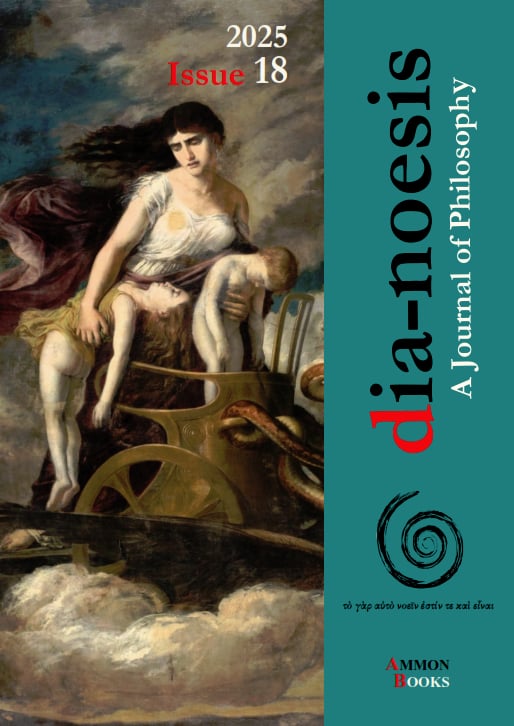Lamentation, Exile, Trauma in Sophocles’ Antigone and Ajax

Abstract
Sophocles’ Antigone, performed in 442 BCE, and Ajax in 442 BCE are twin responses to social ostracization and exile in a world where heroism was being redefined. While the plays were performed before the historic Peloponnesian War, they are responses to the topical war with Persia that Sophocles had witnessed firsthand. The “Seven against Thebes,” the popular civil war which has Polynices and Eteocles, two brothers locked in a bitter fratricidal battle for the throne against Creon’s rule, is central to Antigone. Ajax is about the Trojan war, which ends with the mental breakdown of the eponymous hero, Ajax, as he was denied the mantle of Achilles because of Odysseus, Menelaus, and Agamemnon. The central conflict in Antigone is between civic duty and personal morality, while in Ajax, it is more subjectivized and interiorized inner conflict. The plays trace the breakdown of language due to trauma, and move away from the symbolic to the semiotic and the maternal as expressed in lamentations and agony, using onomatopoeic Greek words before the suicides of the protagonists. The plays are closer to the Dionysian mode that is linked to orgiastic ecstasy, passion, and darkness (Nietzsche, The Birth of Tragedy, 1990). In Antigone, the central conflict is between the king’s edict and the sacred duty to the dead. In Ajax, it is neurosis and hallucination, which leads to the mass slaughter of livestock mistaken for the Greek heroes who were his enemies. The plays are poignant responses to the collective trauma created by war, and a sense of dislocation, alienation in a world that is suddenly bereft of meaning. The suicides of the protagonists are cathartic, a comment on the shifting political and social climate of Athens.
Article Details
- How to Cite
-
Luthra, N. (2025). Lamentation, Exile, Trauma in Sophocles’ Antigone and Ajax. Dia-Noesis: A Journal of Philosophy, 18(2), 253–270. https://doi.org/10.12681/dia.43460
- Section
- Articles


